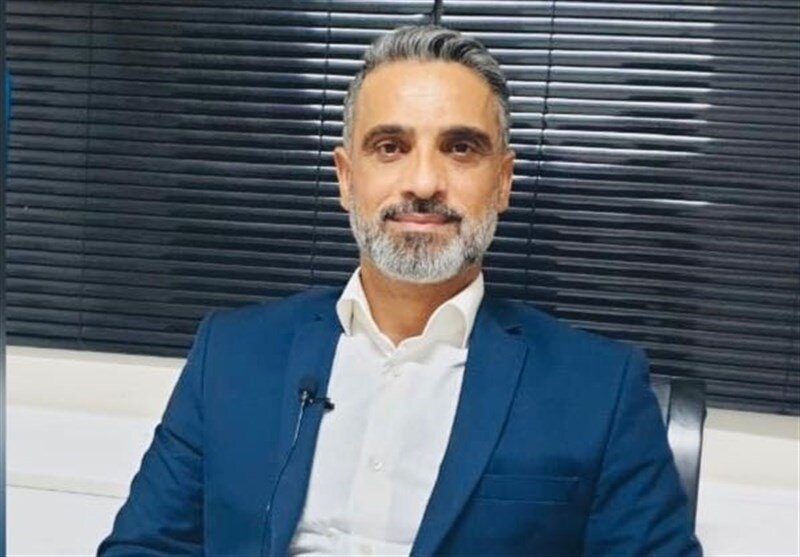Lebanon needs to break monopolies and cartels: Lebanese academic

TEHRAN – Praising Iran's move to send fuel tankers; a Lebanese political researcher says that the country must overcome cartels and monopolies.
"The arrival of Iranian oil was truly game-changing because it was the first time that a party confronted U.S. policies," Tariq Aboud tells the Tehran Times.
"Lebanon needs to complete this course and break the monopolists and cartels that have put their feet on the necks of the Lebanese people."
“Americans considered that all that Sayyed Hassan Nasrallah said in this regard was only bluff and not viable.” Earlier this month, Najib Mikati and the Lebanese president Michel Aoun have signed a decree forming a new government in the presence of Parliament Speaker Nabih Berri.
At the same time, Hezbollah-brokered Iranian fuel arrived in Lebanon to help ease crippling fuel shortages amid a dire economic crisis.
"Americans considered that all that Sayyed Hassan Nasrallah said in this regard was only bluff and not viable," Aboud notes.
"But when it came true, they reacted promptly as they allowed the passage of Egyptian gas to Lebanon and violate Caesar Act."
Following is the text of the interview:
Q: Could you update us about the circumstances that led to the formation of the Lebanese government? What are the most critical challenges facing this government?
A: The Lebanese government was formed due to regional and international talks and consultations that made the formation of the government a must after the process had reached advanced stages.
The international community knew well that the collapse of the Lebanese government would lead to security collapses in the region.
Q: Do you see a remarkable harmony between the various elements of the Lebanese state? Is there coordination between the government, the army, and the resistance to overcome this stage?
A: The government composition in Lebanon is complicated and fraught with contradiction. There is significant disagreement over the urgent priorities inside the government.
Some parties want bank float to save them from collapse, some want to implement the plan of the IMF, and some refuse to adopt the "look to the East" policy for reasons related to their interests.
But the priority today is the electricity file, stabilizing the exchange rate and stopping the collapse., which requires a clear plan beyond the interests of the ruling political and economic classes.
Q: How do you see the impact of Iran's move to send fuel tankers to Lebanon on the Lebanese political scene?
A: The arrival of Iranian oil was truly game-changing because it was the first time a party confronted U.S. policies.
Americans considered that all that Sayyed Hassan Nasrallah said in this regard was only bluff and not viable.
But when it came true, they reacted promptly as they allowed the passage of Egyptian gas to Lebanon and violated Caesar's Act.
However, Lebanon needs to complete this course and break the monopolists and cartels that have put their feet on the necks of the Lebanese people.
Q: How do you see the relations of Iran and Lebanon under Ibrahim Raisi's presidency and the Mikati government?
A: I do not think that President Mikati can overcome the American desire to obstruct relations with Iran, so we cannot count on his government in this regard.
